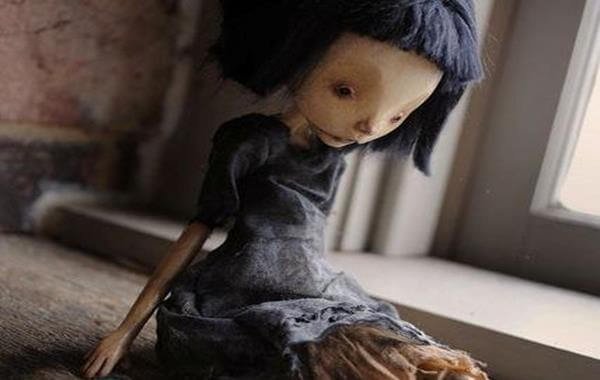4 Signs of an Abusive Relationship

It isn’t easy to establish specific parameters that define an abusive relationship. In fact, the same criteria for abuse can’t be applied to all relationships. But in a strict sense, abuse is present if one person is coercive, aggressive, or intimidates the other.
There is abuse when one person uses their position of power or dominance to control the other person’s behavior to meet their own needs. There is abuse when one person takes advantage of the other person’s emotional or physical fragility to their own benefit. There is also abuse if one person depends on the other, and their dependence is utilized to coerce them or restrict their freedom of action.
“What isn’t weird, find it strange. What is habitual, find it inexplicable. What’s common, let it astound you. Let the norm seem like abuse. And when you put up with abuse, fix it.”
-Bertolt Brecht-
Sometimes abuse isn’t so evident because it isn’t based on hitting and shouting. Sometimes it simply involves a systematic process of invalidation, manipulation, and blackmail, so that the person becomes incapable of acting, responding, or deciding freely. And the abuser justifies their behavior by claiming that they love them or that they are only looking out for their wellbeing.
But the truth is that in all cases, abuse leaves scars on the heart and the mind. It infuses life with fear. This is why you should be aware of the signs that you might be in an abusive relationship.
1. Fear: an unmistakable sign of an abusive relationship
Fear is probably the most obvious sign of an abusive relationship. Sometimes the fear is raw and evident. You become very tense in the presence of the other person and constantly think about the punishments or consequences that might result from opposing them.

Other times, the fear is more subtle. It can manifest as excessive concern over pleasing the other person. You don’t want to give them a reason to get angry, so you’re always thinking about what you can do to satisfy them.
2. Excessive control over what you do
In an abusive relationship, the abused always has to tell the abuser what they’re doing, or even what they’re thinking and feeling. You feel like you don’t have the freedom to move or act without consulting or informing them beforehand.
This control might extend to your finances, or even your way of dressing and doing your hair. Practically everything you do must receive their approval, and if it does not, you’ll have a hard time doing it.
3. You feel constant guilt
In all types of abusive relationships, guilt is always present. You feel inadequate and incapable of defending the validity of what you say and do. Your abuser constantly criticizes you, and you blame yourself for it.

One, or both, of the following situations might occur. Either it always seems like the other person is right, and their criteria determine how good or bad each of your actions and thoughts are, or you think that they’re wrong but you never dare to confront them. Both scenarios make you feel guilty. In the first case, for not living up to their expectations. In the second case, for not being able to set limits.
4. Threats and coercion are constant
In an abusive relationship, your abuser constantly obligates you to do things you don’t want to do. They might do it through direct aggression, or through more subtle coercion and threats. Regardless, the point is that you don’t want to do it, but you feel obligated because of how much they pressure you.
The abuser knows very well where their power comes from. If it’s economic dependence, their direct or indirect threats will focus on that. If it’s the fear of being hit, they’ll use that. If they get their power from emotional dependence, they’ll play with your fear of abandonment. And so on, and so forth.

This text is provided for informational purposes only and does not replace consultation with a professional. If in doubt, consult your specialist.








